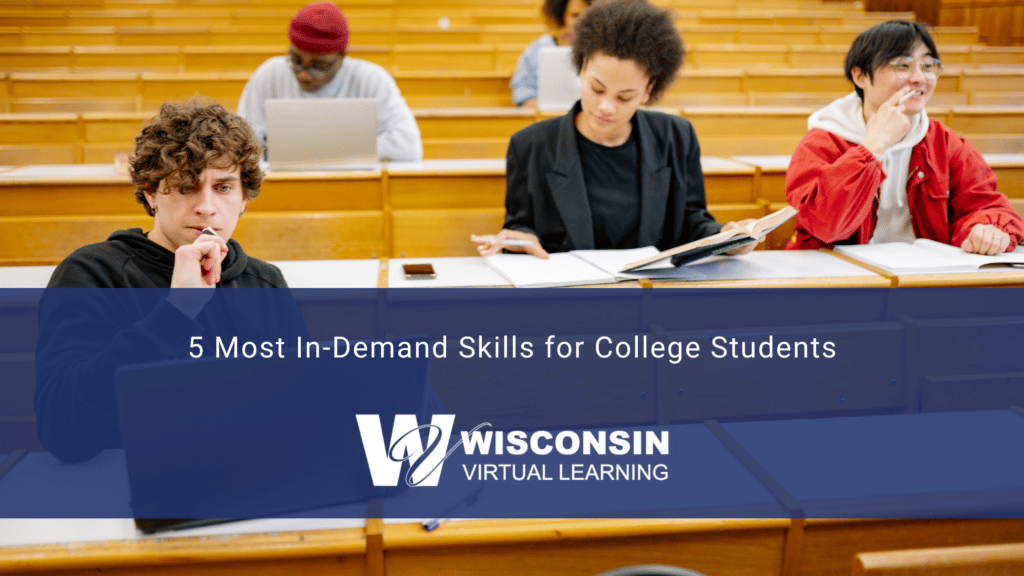Leaving high school behind and moving to a more intense learning environment like college can be daunting, especially for students who aren’t sure what to expect from university life. However, the skills necessary for college students to thrive and succeed aren’t just important for a successful university experience. Mastering the five skills most crucial for college life builds a solid foundation for success in many areas of life far into adulthood.
Five Must-Have Skills for College Students
- Self-Management and Responsibility – Throughout the primary school years, children are largely dependent upon adults in many areas. This instinctive reaction to help small children do their best can create an ingrained habit that persists long after tweens and teens should be learning self-management skills and a sense of responsibility. It’s no secret that starting college, especially away from home for the first time, can feel almost like culture shock. For many students, a profound lack of self-management skills becomes apparent for the first time when they leave for school. Unfortunately, the ones who are not prepared for the responsibility are often the students who struggle throughout their university careers.
- Communication Skills – When college students arrive on campus for the first time, they’ll communicate with a much more diverse group than in high school. They must communicate confidently and articulately with other students, advisors, staff members, and professors. Before beginning classes, brand-new college students should have a basic grasp of what formality level is appropriate for communicating with people in various roles.
- Study Skills – Some high school students breeze through their classes without cracking a book and maintain spectacular grades, while others must study diligently just to pass. Though the student with higher grades may succeed in high school, the students who have already learned the necessary study skills will likely have an advantage as college students, where breezing through isn’t an option. These students have already grasped the importance of organization, learned effective note-taking systems, and perfected review skills, which will be required in college.
- Critical Thinking Skills – Studying the source material is vital in college, but so is the ability to think outside the box. Much of elementary and high school is spent polishing rote memorization skills, but high school also needs to be a time for fostering absolutely essential critical thinking skills. College students need to be able to come up with solutions to problems or answers to complex questions by thinking them out, not memorizing facts.
- Setting Realistic Personal Goals – The first taste of independence can reveal many things about college students they didn’t know about themselves beforehand. One of the surprisingly common things revealed is that many simply don’t know how to set reasonable, realistic personal goals. This is especially true for high-achieving students whose high school career was about pursuing a single goal: college admissions. Once this major milestone is achieved, students can struggle with the realization they do not know how to formulate new goals independently.
Getting high schoolers ready to be college students can be a bittersweet time for everyone involved, one that’s stressful and exciting in roughly equal measure. For some students, in-person public high school is a great place to learn the necessary skills for university life. For many others, however, online learning with space for more independence is the perfect incubator for critical thinking, communication, goal setting, and study skills.
Wisconsin Virtual Learning is tuition-free and one of the state’s premier online schools for 4K-12 students. The dedicated staff prepares high schoolers to become college students through planning sessions, AP courses, and life-skill emphasis. If you and your student are ready to take a different path through high school in preparation for the college years, contact Wisconsin Virtual Learning today to discuss course offerings, tailored learning-style support for students, and college preparation
.

